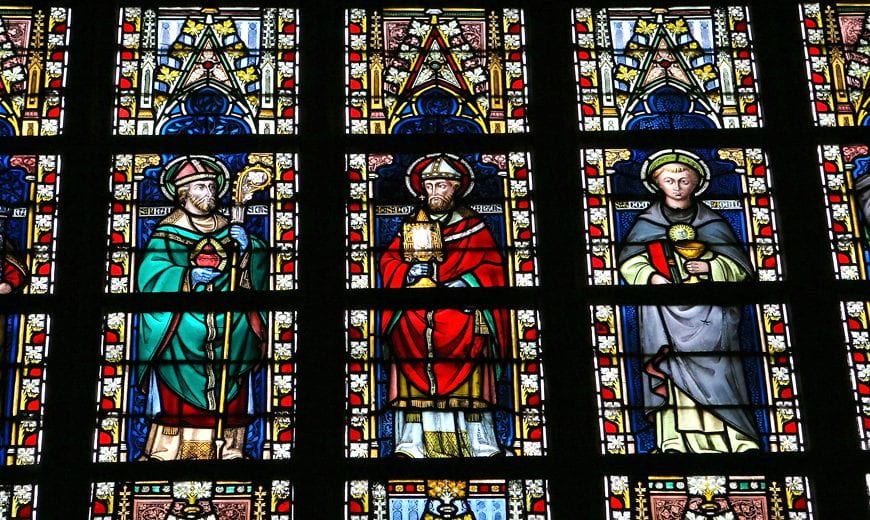
“The Shortest Alphabet is the Steepest”: Objects, Action and Memory
THE MOTEL CLERK’S SON STEPS ON THE GLASS at his wedding to recall his people’s suffering during his greatest joy. The stepping is shorthand: the shortest alphabet is steepest. A car horn to tell his ancestors, “I see you, may my tongue cleave to the roof of my mouth should I forget.” He sounds out the glass because, as truckers say in the office, “If you can’t see them,…

